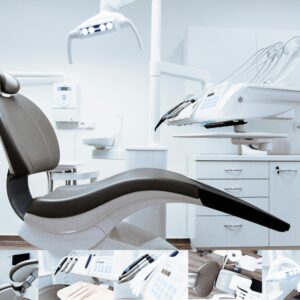LONDON LUTON BPRA PROPERTY FUND LLP V THE COMMISSIONERS FOR HMRC
Following the decision reached by the First Tier Tribunal (FTT) that a significant amount of costs incurred by London Luton BPRA Property Fund LLP (Fund) to OVL (developer) ‘in connection with’ the conversion of a disused flight training centre into a hotel qualified for BPRA, both parties appealed on a number of the key conclusions reached.
The case was referred to the Upper Tier Tribunal (UT).
Whilst the UT overturned some of the decisions made by the FTT, concluding that an error was made on a point of law, the final outcome reached was largely found in favour of the taxpayer. This was a positive outcome for the Fund as it included costs that might have been deemed to be outside the scope of BPRA.
A key issue that was addressed by the UT was how to approach the claim – was it correct to focus on the total expenditure paid by the LLP to the developer in discharging its obligations, or was it necessary to also break down the payments into individual component parts to decide what qualified for BPRA.
The FTT had considered it was necessary to break the payments made to the developer down into individual items and consider them on their own merits. The UT disagreed and approached the case on the considering the rights and obligations of the LLP in return for the payments made to the developer – in exchange for the completed development.
They also concluded the following:
- The interest amount and legal fees were not eligible for BPRA.
- The developer’s profit, franchise costs, promoter fees, works outside the curtilage of the building including tarmacking external areas and drainage, qualified for BPRA.
- The Capital Account (money held as security for a bank loan) and the residual profit made by the developer should all qualify for BPRA. The argument being that the payments were all made in relation to a completed development for the Fund LLP.
The case also focused on CAA2001 360B – defining qualifying expenditure incurred…on, or in connection with’ the conversion of a qualifying building. The conclusion reached by the UT confirms that the qualifying expenditure is wider than the physical construction work but also includes expenditure on preparing the property for a particular business use.
Lovell Consulting Comment
Whilst BPRA claims ended for expenditure incurred after 5 April 2017, and so the impact of this case for BPRA claims is largely retrospective, it does provide guidance that will have a wider impact on capital allowances claims generally. By focusing on CA2001 s360B – the definition of what is ‘expenditure incurred….on, or in connection with’ the conversion of a qualifying building, the UT determined that qualifying expenditure is not necessarily restricted to the physical cost of works carried out and has a wider definition.




